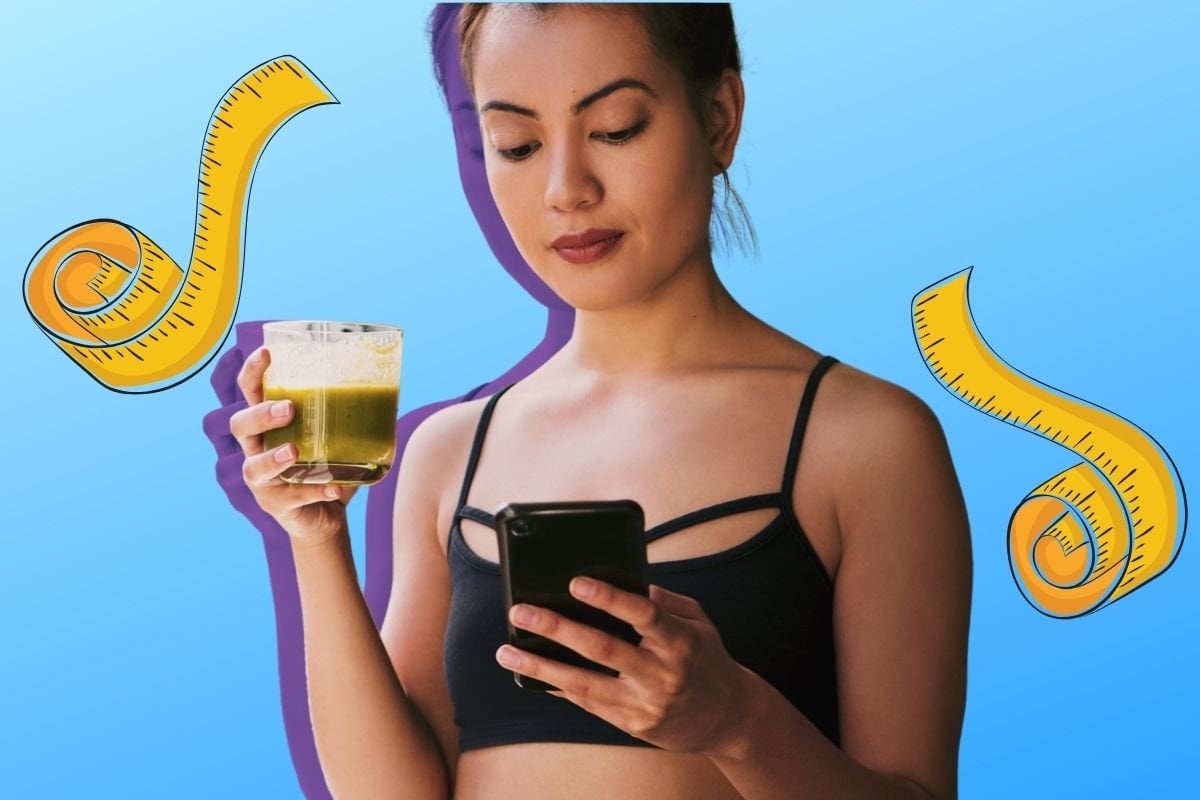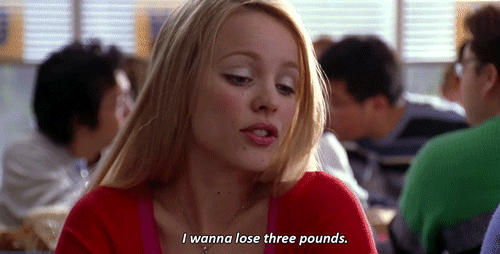
Look, we've all done it. At one point or another we've all succumbed to some BS diet, whether it be s**tting yourself to tears on a weird lemon detox diet, ditching carbs, doing meal replacements or fasting for hours on end.
And to be honest, the odds are kinda stacked against us. Like, can you kindly name a period in history where women's bodies haven't been under scrutiny? We'll wait.
Watch: Sarah Wilson gets real about dieting. Post continues below.
Because while diets may seem like a modern day and social media-fuelled phenomenon, the desire to lose weight quickly has been around for... well, ever.
From drinking only alcohol (yes this was a thing) to swallowing tapeworms (also a thing that people did) and eating grapefruit with every meal (seriously, though), crazy diets have been kicking around for centuries.
Listen to our deep dive about diets on this ep of The Quicky. Post continues below.
But please, riddle us this: how is it still a thing in 2021?






